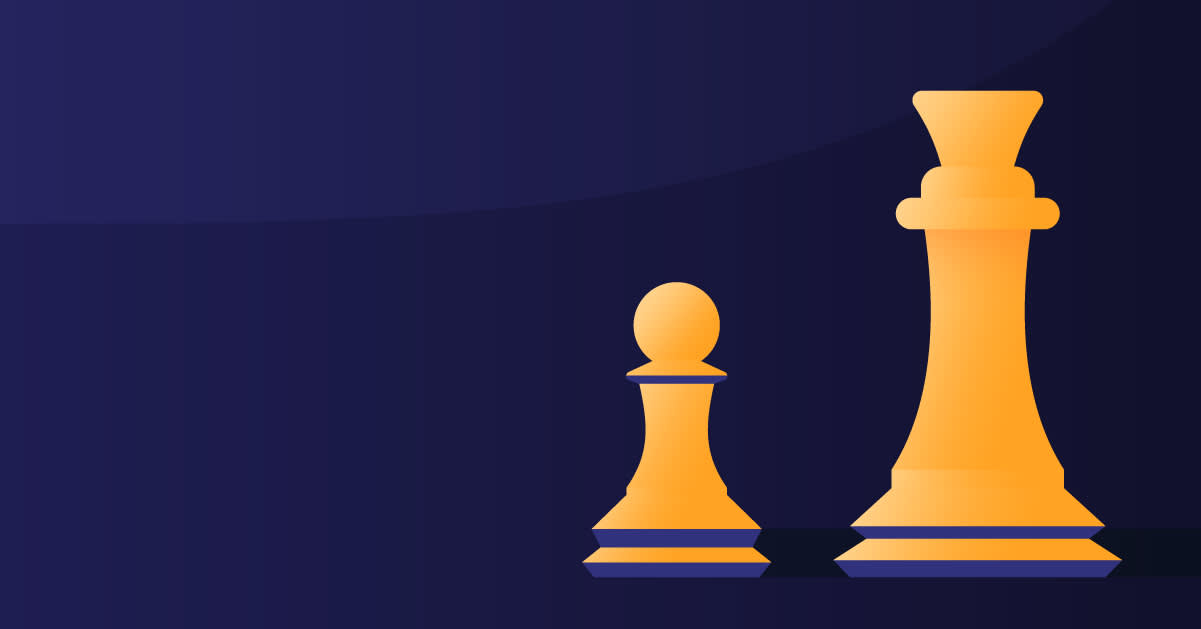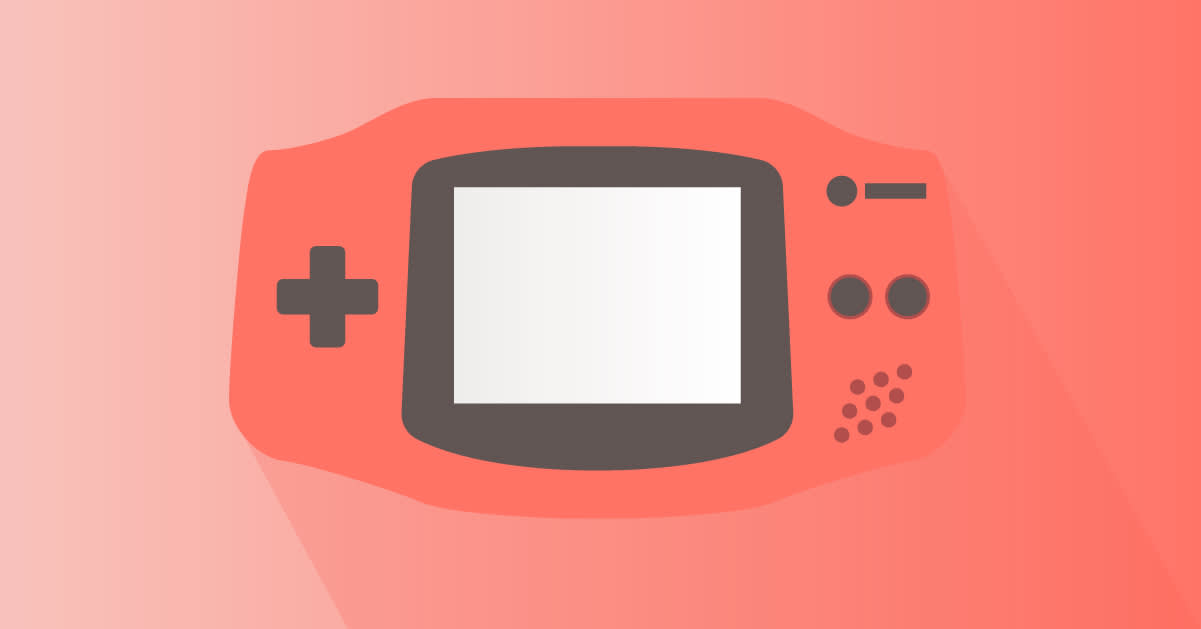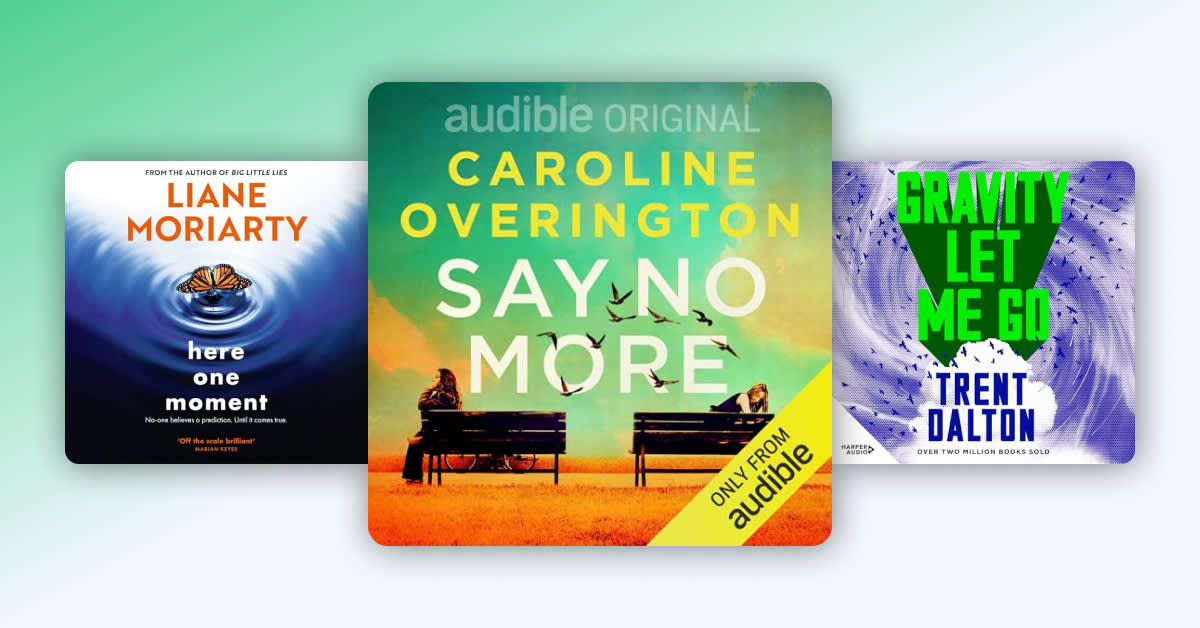If you've been following popular culture recently, you know that one of the most popular shows of the last year is The Queen's Gambit, which debuted on Netflix in October of 2020. Adapted from the 1983 novel by Walter Tevis, the stylish miniseries starring Anya Taylor-Joy, Chloe Pirrie, Bill Camp, and Marcin Dorocinski is about the life of fictional chess prodigy Beth Harmon.
Due to the popularity of the show, the gaming industry saw an unprecedented interest in chess; sales of books about chess and chess boards skyrocketed! Suddenly, people really wanted to learn about chess and play chess again. (The phenomenon was probably also helped by the fact that most people were staying home or sheltering in place during the pandemic.)
How do you play chess? Is it like checkers?
Some people think because of the similarity in the boards that chess is like checkers, but it's a bit more complicated. Chess is a board game of strategic skill for two players, played on a checkered board. The board has 64 squares arranged in an eight-by-eight grid. At the start, each player controls 16 pieces: one king, one queen, two rooks, two knights, two bishops, and eight pawns. The pieces are moved and used to capture opposing pieces according to precise rules. A player wins when they are able to put the opponent's king in a position from which escape is impossible, which is called a checkmate. In other words: it's chess, not checkers.
What is the history of chess?
The origins of chess are believed to date back to the beginning of the seventh century. The oldest known chess manual, dating back to about 840, was written in Arabic by a renowned Arab chess player named al-Adli ar-Rumi. Over the years, the basics of the game remained the same, while the number of different strategies and notable moves continued to stack up.
The game eventually became a worldwide competitive sport, and today still boasts a large audience and several genius chess players, such as a Norwegian chess grandmaster Magnus Carlsen, who was a child chess prodigy and is the current World Chess Champion, World Rapid Chess Champion, and World Blitz Chess Champion. His peak classical rating of 2882 is the highest in history, and he holds the record for the longest unbeaten run in classical chess.
Chess is great because it requires very little equipment and space to play. You can play it against real opponents, a computer, or yourself. And thanks to the best chess audiobooks, you can learn how to play or continue to improve your game. This curated list of chess audiobooks is for chess players at all stages, so whether you're learning the game or honing your moves, these listens will help. If you're serious about learning, there are plenty of books about chess to teach you. Who knows? You could become the next Magnus Carlsen.
This comprehensive guide not only helps you learn about the pieces, moves, and strategies, but it also helps you understand how chess is a game of intelligence and how playing it strengthens your mind. So even though it is aimed at beginners, it also works as a great refresher for seasoned players. Eric Drummond expertly narrates the fundamentals of chess with a concise, clear voice.
The aforementioned classic coming-of-age novel of chess, feminism, and addiction that kicked off the recent chess craze. Orphan Beth Harmon is only eight years old when she plays her first game of chess. By the age of 16, she’s competing for the US Open championship. But with greater fame and fortune come greater stakes and potential losses. The narrator, Amy Landon is a classically trained actress, dialect coach, and audiobook narrator with more than 300 titles recorded, as well as an AudioFile Earphones Award winner and Audie nominee.
What are the first moves in chess? Do people use the same moves every time? Why do some moves in chess have specific names and who are they named after? Beginners and masters alike can learn a bit of chess history from Chess Opening Names, while also possibly picking up some new moves, including the Sicilian Defense, the Ruy Lopez, the French Defense, the Caro-Kann, the Benoni, the London System, and the Scandinavian Defense. Nathan Rose, who has lent his talents to many other fascinating nonfiction audiobooks, narrates.
Frank Brady, who wrote one of the best-selling books on Bobby Fischer of all time and was himself a friend of Fischer’s, now offers a thoroughly researched biography of chess's misunderstood genius. From Fischer's young start to his remarkable chess matches to his later seclusion and struggles with mental illness, Endgame is a sensitive portrait of a true chess champion. Beloved audiobook narrator Ray Porter reads about Fischer's life with strength and compassion.
And for history buffs, chess lovers, or people who just enjoy a great audiobook: The Immortal Game is a look at the origins of chess, how it has captivated people for more than 1,500 years, how scientists believe playing chess benefits and actually alters the structure of the brain, and how the game has had an effect on societies all over the world. Seasoned character actor and audiobook narrator John H. Mayer lends his expertise to the narration.
Like a lot of games, sports, and professions, learning how to play chess at a young age can be a huge advantage. Many of the greatest chess players were child prodigies. This easy-to-follow guide details the ins and outs of chess for a younger audience, explaining the pieces and the boards, pawn moves, attacks, and advancement, and much more! Dominque N. Simmons has a friendly yet firm voice, which is great for young listeners.
This is a dramatic firsthand account of the 2016 World Chess Championship between Norway's Magnus Carlsen and Russia's Sergey Karjakin, which rekindled a global fascination with the sport. The Grandmaster gives a great backstory on both players and play-by-play accounts of the game, and unfolds like a masterfully crafted suspense thriller! The listen is brought to life wonderfully with the narration of Jacques Roy.











